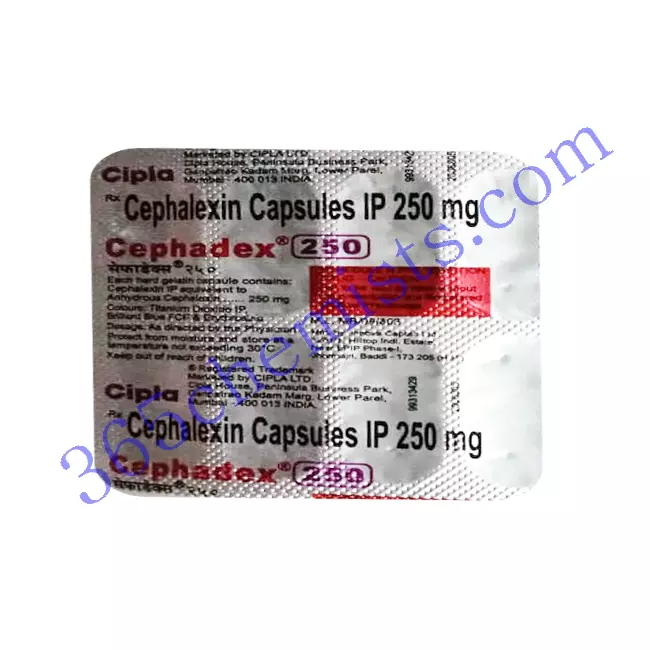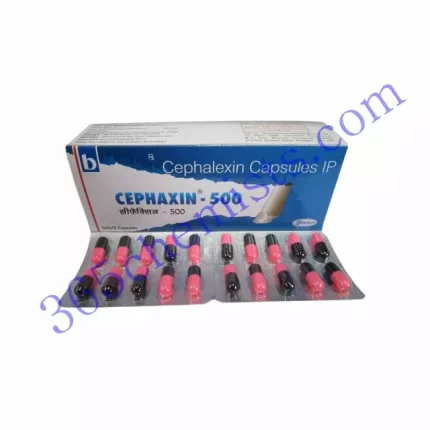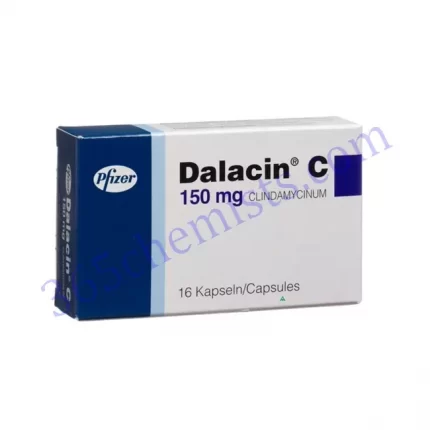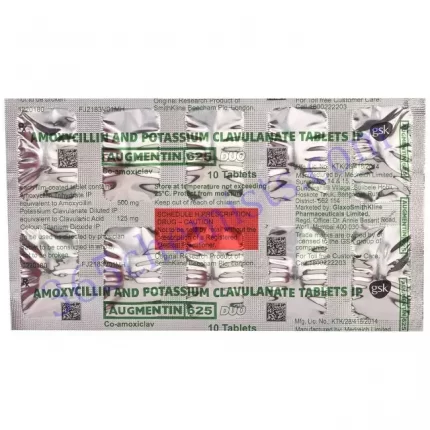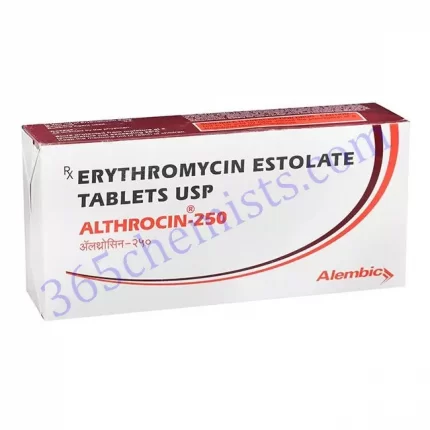Cephaxin 250mg Capsule (Cefalexin): An Effective Antibiotic for Bacterial Infections
Cephaxin 250mg Cefalexin is the active component of the medication known as Capsule, which comes in the form of capsules. Cefalexin is an antibiotic that is classified as a member of the class of drugs known as cephalosporins. It is frequently utilised for the treatment of bacterial infections. Cephaxin is an antibiotic that has been shown to be effective against a wide variety of bacterial pathogens, in addition to having a safety profile that is satisfactory.
Understanding Cefalexin
Cefalexin, which is the primary component of Cephaxin 250mg Capsule, exerts its antibacterial effects by inhibiting the synthesis of bacterial cell walls, which in turn causes a disruption in the growth and division of bacteria. It does this by going after certain enzymes that are involved in the process of cell wall synthesis, which leaves the bacteria open to being destroyed by the immune system. Because cefalexin is active against such a diverse array of bacterial strains, it is an excellent choice for treating a wide variety of bacterial infections.
Indications and Usage
Cephaxin 250mg Capsule is a popular medication that is prescribed to treat a variety of bacterial infections, including those of the urinary tract, urinary tract infections, respiratory tract infections, skin and soft tissue infections, and respiratory tract infections. The particular infection, the patient’s age, and the patient’s general state of health all play a role in determining the optimal dosage and treatment duration. It is absolutely necessary to adhere to the instructions that have been laid out for you by the medical professional.
Related Dosage
Cephaxin 250mg Capsule
Cephaxin 500mg Capsule
Dosage and Administration
It is possible for the recommended dosage of Cephaxin 250mg Capsule to change based on the severity of the infection as well as the individual response of each patient. Oral administration is recommended, and it can be done with or without food. It is important to take the capsule as directed and to do so with a full glass of water. It is essential to finish the full course of treatment as directed, regardless of whether or not the symptoms improve before the treatment’s allotted time has passed. If the medication is discontinued too soon, there is a risk that the infection will return or that the bacteria will develop resistance to the antibiotic.
Contraindications and Precautions
Cephaxin 250mg People who have been shown to have an allergic reaction to cephalexin or any of the other cephalosporin antibiotics should not take the capsule. It is imperative that any pre-existing medical conditions, including allergies and kidney disorders, be disclosed to the healthcare professional who is writing the prescription for Cephaxin. These factors may influence whether or not the medication is appropriate for the patient and the dosage that should be administered. Patients who have a previous history of allergic reactions to penicillins or cephalosporins should proceed with caution when taking this medication because cross-reactivity may occur. In such cases, it is likely that close monitoring and possible dosing adjustments will be required.
Side Effects
Cephaxin 250mg Capsule, like any other medication, has the potential to cause adverse effects in some people. The most typical adverse reactions involve the gastrointestinal system and include symptoms such as nausea, vomiting, and pain in the abdominal region. These adverse effects are typically mild and transient, and most of the time they go away on their own without the need for any intervention from a medical professional. In the event that they continue or become worse, it is recommended that further evaluation be sought from a healthcare professional.
Drug Interactions
Cephaxin 250mg Capsule may have an interaction with other medications, which could reduce the effectiveness of those other drugs or lead to unwanted side effects. It is extremely important to inform the healthcare professional who wrote the prescription about any and all other medications, including over-the-counter drugs, supplements, and herbal remedies that are being taken. Cephaxin has the potential to interact negatively with a number of medications, including probenecid and diuretics. In order to avoid any adverse drug interactions, it is essential to perform careful monitoring and, if necessary, make dose adjustments.
Conclusion
Antibiotic medication such as the Cephaxin 250mg Capsule, which uses cefalexin as its active component, is an effective choice for the treatment of bacterial infections. Cephaxin is an antibiotic that is effective against a wide variety of infections because it possesses both a broad spectrum of activity and a demonstrated level of efficiency. It is essential to take the medication exactly as directed, including following the dosage, being aware of any contraindications or precautions, and consulting a physician if any problems or adverse effects occur. Cephaxin offers an efficient method for the management of bacterial infections and the promotion of the health of individuals who require antibiotic treatment.

